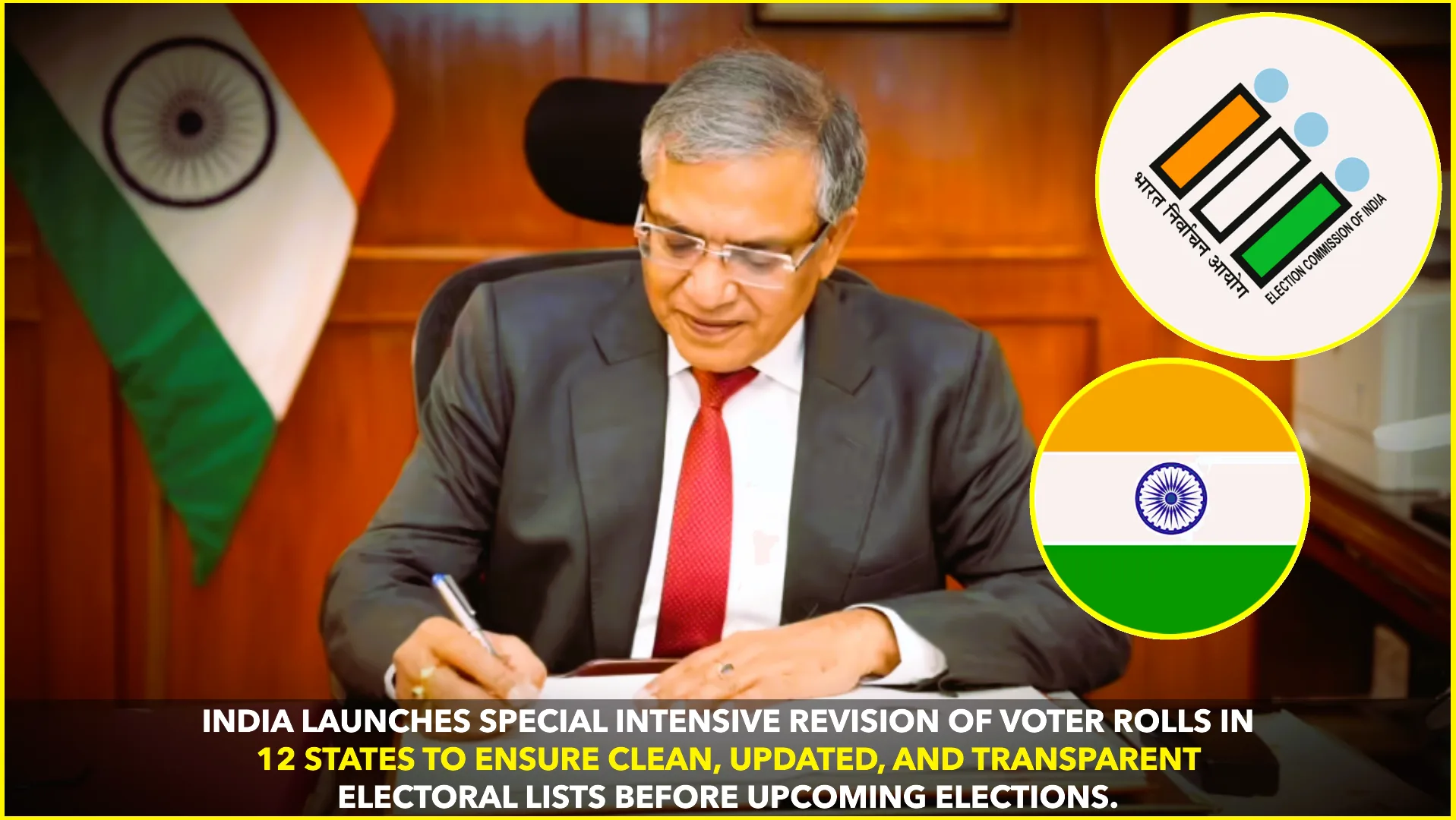In a significant move toward boosting financial inclusion, the Ministry of Finance has declared that first-time borrowers seeking bank loans will not be turned away simply because they lack a CIBIL score or have a very low one. During the monsoon session of Parliament last week, the Minister of State for Finance, Pankaj Chaudhary, echoed the Reserve Bank of India’s (RBI) guidelines, emphasizing that banks must not reject loan applications from credit-neutral individuals.The Economic TimesHindustan Times
A Step Toward Greater Access
The government’s clarification is a welcome reassurance for those stepping into borrowing for the first time—like young professionals, entrepreneurs, or individuals entering the formal credit system for the first time. For years, the absence of a credit score has been a barrier to loans, but now that hurdle may be easing.
On August 18, in response to a parliamentary query, Pankaj Chaudhary cited an RBI master direction dated January 6, 2025. The RBI has advised that credit institutions should not reject loan applications from individuals solely due to the absence of credit history.The Economic Timesmint
RBI’s Position & Bank Responsibility
Importantly, there is no minimum CIBIL or credit score mandated by the RBI for loan sanctions. Instead, credit reports serve as one of several tools in the assessment process, not the only deciding factor. Banks rely on their internal policies, board-approved guidelines, and a thorough credit appraisal process.MoneycontrolThe Financial Express
This gives banks discretion to consider other indicators—such as income, employment, repayment potential, or collateral—when evaluating first-time borrowers.
Due Diligence Still Required
Even as loans won’t hinge solely on credit scores, institutions are expected to carry out due diligence. Banks should still investigate an applicant’s financial track record—such as any past loan settlements, restructuring, defaults, or write-offs—and weigh these details carefully.MoneycontrolThe Economic Times
In essence, the absence of a credit score does not equate to a free pass; rather, it means the decision should rely on a broader financial evaluation.
Credit Report Fees: Regulated Cap
Borrowers accessing their credit reports should note that the RBI regulates the charge for obtaining one’s own credit report. Credit Information Companies (CICs)—like TransUnion CIBIL, Equifax, Experian, and CRIF High Mark—are allowed to charge up to ₹100 for this service.The Economic TimesmintTrak.in
Moreover, a regulatory circular from 2016 mandates that each CIC must provide individuals with one free full credit report—including the credit score—annually in electronic format.The Economic Timesmint
Why This Matters
This clarification is a milestone for financial inclusion. Millions of Indians—especially the youth, first-generation professionals, and those entering formal financial systems—will find it easier to access credit. Removing the “must-have CIBIL score” barrier allows more people to secure loans based on merit and potential, not historical data.
The RBI’s guidance, echoed by the Finance Ministry, underscores a balance: ensuring access to credit without compromising on risk assessment or encouraging risky lending practices.










